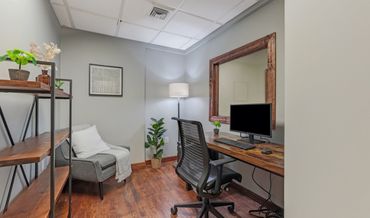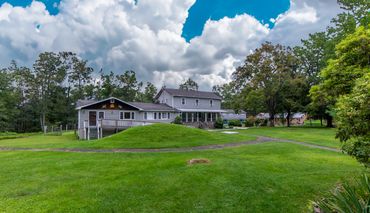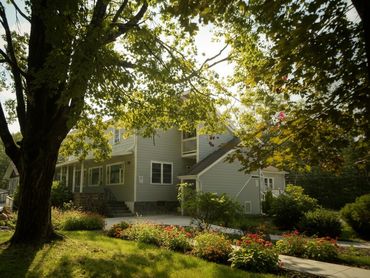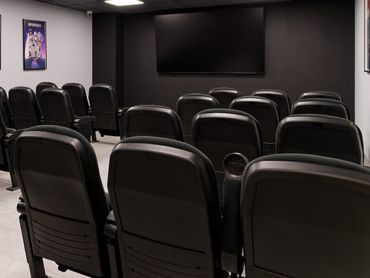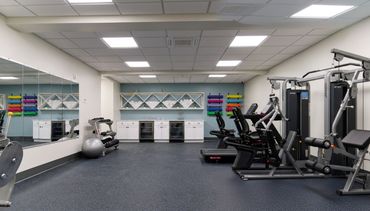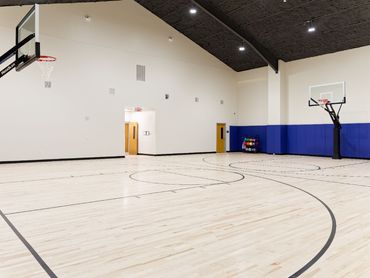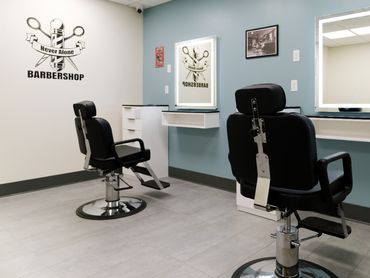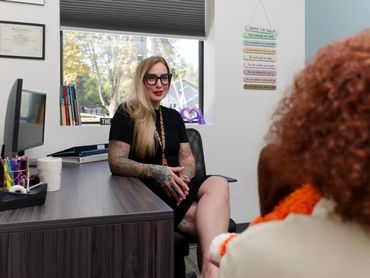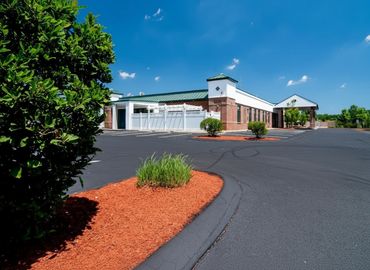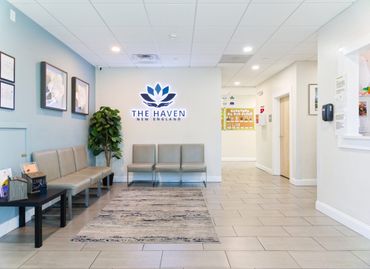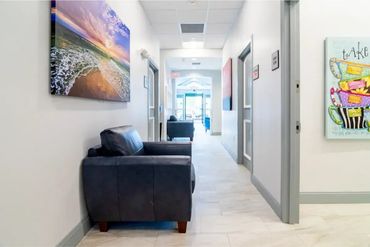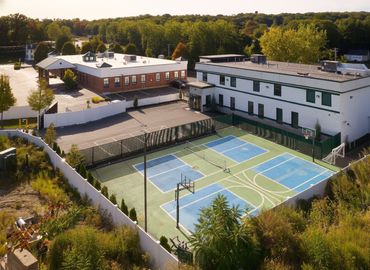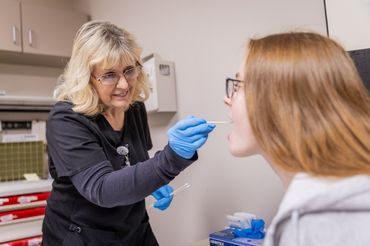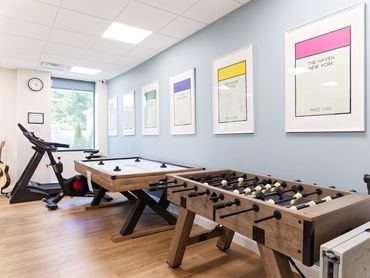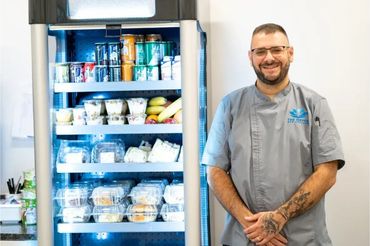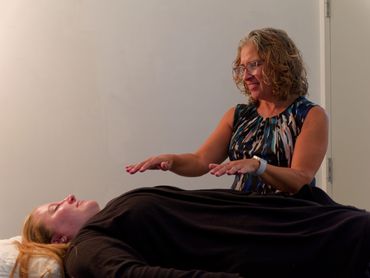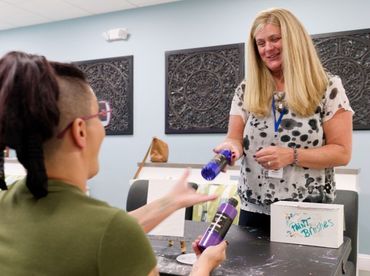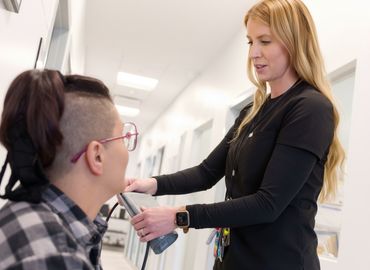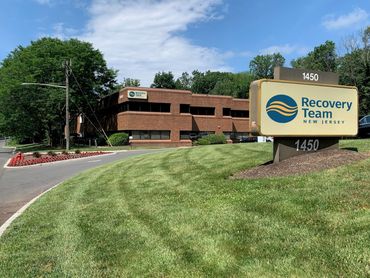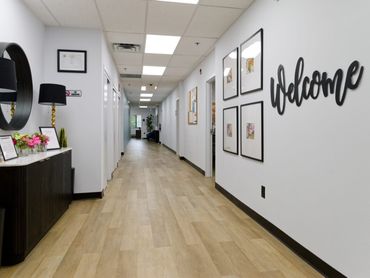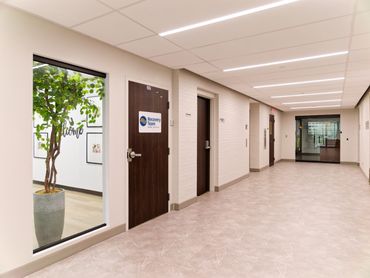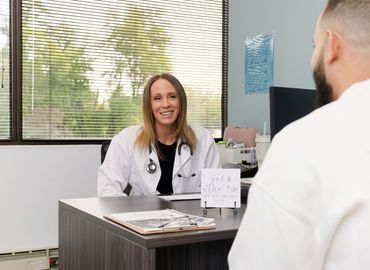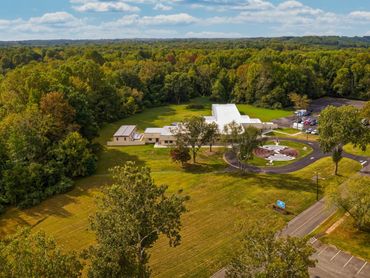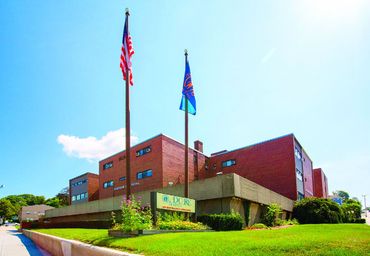
Drug & Alcohol Rehab Centers near North Haven, CT
If you or someone you know is struggling with substance use disorder in North Haven, CT, taking the first step towards recovery is crucial, and understanding the available treatment options and payment methods is a great starting point.
Treatment Centers near North Haven, CT
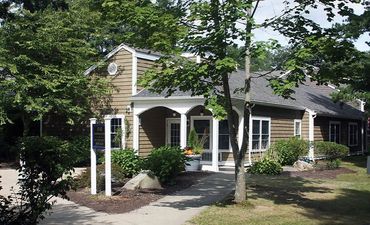

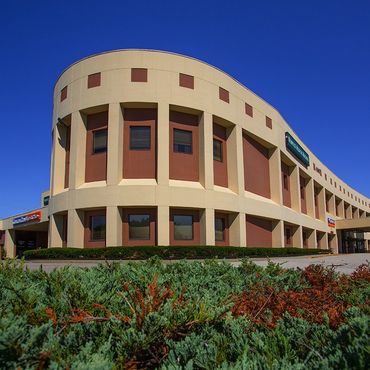
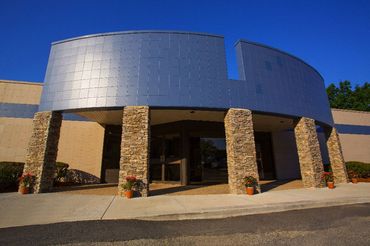
All Treatment Centers near North Haven, CT
Are You Covered For Treatment?
- Waterbury Rehabs
- Bridgeport Rehabs
- New Haven Rehabs
- Hartford Rehabs
- Danbury Rehabs
- Middletown Rehabs
- New London Rehabs
- Torrington Rehabs
- West Haven Rehabs
- New Britain Rehabs
Information About Rehab in North Haven
Latest Reviews
Latest Reviews of Rehabs in Connecticut
Aware Recovery Care In-Home Addiction Treatment in Connecticut
In-Home, Long term, makes complete sense, chronic treatment for chronic disease, very experienced staff, compassionate and caring and dedicated. Unlike any other program that I have every had the pleasure of completing. N/A - Just that there aren't locations other than Connecticut and now New Hampshire. I learned about Aware Recovery Care when I saw an advertisement in Connecticut Magazine. I contacted them by phone and had a lovely conversation with one of the employees there..This was back in December of 2015. He invited me to come into the office where I met with him and several other people. We talked about my depression, impending divorce, and the fact that I was turning increasingly to alcohol to relieve my symptoms of depression and to numb myself from feeling emotional pain. We discussed insurance, and he told me that the program would be covered under by Anthem Blue Cross/Blue Shield plan. I signed up and began the program. At first, Aware was concerned that I might need to go to the hospital for withdrawal treatment, but I assured them that I had in the past quit spontaneously on my own and never suffered any consequences. I declined to go to the hospital. Next, they put me in contact with a nurse practitioner who I met with several times so that she could evaluate my health and mental status and be sure that I was not in any danger. I don’t recall her name, but she was lovely and very encouraging. During this time, I was regularly meeting with one staff member...who was counseling me and putting me in touch with the staff nurse for urine screenings and blood pressure readings. Everyone was extremely compassionate and kind. It has been nine months now that I have been on the program. In addition to my regular contact with the staff, I am in a very good place. Everyone has been wonderful. Staff has always been there for me and I always felt that I could call them at any time of the day or night for help if I was feeling lost, or if I was feeling the need to abuse alcohol again. Another staff member..was also wonderful and provided all kinds of useful advice and comfort to me as I tried to navigate all the impending divorce issues. One counselor has become my “spiritual life coach†and helped me to figure out all kinds of things….like how to take care of myself, find ways to alleviate my pain that did not involve alcohol, and how to structure my time in a way that is productive and self-affirming. I have grown so much throughout the year. I feel capable, confident and able to manage the many, many challenges of my life including the recent death of my dear Father. I’m probably forgetting a few names of people at Aware that have helped me, so please forgive me for that. I do so appreciate everyone that I came in contact with for their kindness and their compassion. Truly, I could not have accomplished all that I have this year without your love and support. I would highly recommend this program to anyone that is suffering from alcohol addiction. While I did not attend rehab before attending Aware, I can see how this program would complement rehab for its focus on getting the client to a place of wholeness, self-sufficiency, and self-awareness. I am more than happy to speak to future clients if they want a reference for the program, or if they simply want to know more about how it all works. I am truly indebted to Aware for a remarkable period of Recovery. Thank you, and God Bless each and every one of you for what you do. Sincerely.
Area Information
North Haven, CT, situated in the heart of New Haven County, is a charming town celebrated for its historical appeal and strong sense of community. With a population of approximately 23,000 residents,1 North Haven offers a welcoming and friendly environment. Its serene surroundings, well-maintained parks, and an array of local amenities contribute to its reputation as a tranquil and picturesque community. Located within convenient reach of major cities like New Haven and Hartford, North Haven provides both a peaceful retreat and accessibility to comprehensive services, making it an attractive place to call home for its residents.
Substance Misuse and Addiction in North Haven, Connecticut
The ongoing drug epidemic has had a profound impact not only on North Haven but also on Connecticut as a whole. Recent data underscores the gravity of the situation, with drug overdose death rates in the state experiencing a significant escalation. In 2011, the rate stood at 11.2 deaths per 100,000 residents, but by 2021, it had soared to a concerning 42.3 deaths per 100,000.2 In 2021 alone, Connecticut witnessed a staggering 1,393 opioid overdose deaths.2
Drug and Alcohol Rehab
Drug and alcohol rehabilitation offers a variety of options and programs to treat addiction and support individuals on their path to recovery. The process is highly individualized, acknowledging that everyone’s journey to sobriety is unique.
What Happens in Drug and Alcohol Rehab?
Recovery begins with various stages of treatment, each designed to address different needs. These stages include detox, inpatient treatment, outpatient programs, and aftercare support. The choice of stage and the duration of treatment depends on the individual’s specific circumstances and the nature of their addiction.
Detox Programs
Detox programs are a critical initial phase in the recovery process. These programs are carefully supervised by medical professionals who provide medications to help manage and alleviate the often painful withdrawal symptoms associated with various substances. Medically monitored detoxification ensures that patients can safely navigate the challenging early stages of recovery while receiving the necessary medical support.
How Long Is Detox in Rehab?
The duration of detox typically spans from 3 to 7 days, though this can vary based on several factors, including the substance abused, the individual’s health, and the severity of the addiction.
Inpatient Drug and Alcohol Rehab
Inpatient treatment programs play a pivotal role in the recovery journey, offering a structured and supportive environment for individuals seeking to overcome addiction. These programs typically span 30, 60, or 90 days, providing comprehensive care and therapy to address the complex challenges of addiction. Inpatient facilities employ various therapeutic modalities, including individual and group therapy, to foster peer support and address any co-occurring disorders that may be present. The structured nature of inpatient drug rehab ensures that patients are kept on track with their healing process and receive personalized care from a team of dedicated professionals.
Outpatient Drug and Alcohol Rehab
Outpatient treatment programs offer a flexible alternative for individuals who need to maintain their daily routines while seeking addiction treatment. These programs teach essential tools for aftercare and relapse prevention. Patients can access therapy and support while staying connected to their communities and loved ones. Outpatient programs are an excellent choice for those with strong social support networks and the ability to manage their recovery within their existing lifestyles. They provide the freedom to apply the skills learned in treatment to real-life situations, helping individuals transition back into their daily lives while maintaining their commitment to recovery.
How Much Does Rehab Cost?
The cost of rehab can seem overwhelming at first, but it should never prevent someone from seeking help. Fortunately, there are various payment options to make treatment more affordable and accessible, such as:
- Payment Plans
- Government Grants and Scholarships
- Free Rehab
- State-Funded Rehab
Does Insurance Cover Drug and Alcohol Rehab?
Many insurance plans cover at least a portion of rehab costs, so it’s essential to explore the specifics of your drug rehab insurance coverage. Widely accepted drug rehab insurances include:
Finding The Best Rehab Center
North Haven, CT Drug and Alcohol Rehab Facilities
Our rehab locator tool can help you find the right treatment center for you. However, it is important to keep in mind that addiction professionals often suggest going out of state to reduce distractions and enhance your recovery journey. You can use our tool to find treatment, whether in Connecticut or elsewhere.
Sources
- United States Census Bureau. North Haven, Connecticut. July 1, 2022.
- Kaiser Family Foundation. Mental Health in Connecticut. (n.d.).



